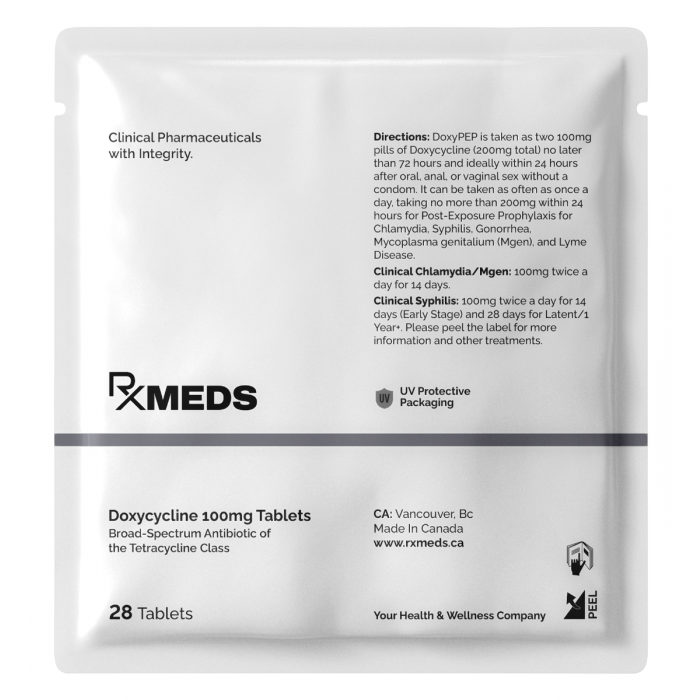 |
|
5 Customer Review
I’m thrilled with the results of this product! My Metformin arrived incredibly fast, the discreet packaging was perfect!
Checkout using your account
Checkout as a new customer
Creating an account has many benefits:

In stock
Periodontitis is a serious gum infection that causes inflammation and can lead to the progressive destruction of the tissues and bones that support the teeth if left untreated. This condition typically arises from untreated gingivitis, which is a milder form of gum disease. When plaque—a sticky film of bacteria—is not adequately removed through daily brushing and flossing, it can harden into tartar. Tartar buildup, combined with ongoing plaque accumulation, irritates the gums and can lead to chronic inflammation. Over time, this inflammation creates pockets between the gums and teeth, where bacteria can thrive and cause further tissue and bone damage.
The consequences of untreated periodontitis extend beyond oral health, as the bacteria from these infections can enter the bloodstream, potentially affecting other areas of the body. For instance, research has indicated possible links between periodontitis and other systemic health issues, such as cardiovascular disease, diabetes, and respiratory disease. Therefore, addressing periodontitis promptly and effectively is crucial for overall health.
Treatment for periodontitis generally involves a combination of mechanical cleaning, medications, and sometimes surgical interventions. Mechanical treatments, such as scaling and root planing, are essential for removing plaque and tartar from below the gumline and smoothing the root surfaces, which discourages further bacterial buildup. In cases of advanced periodontitis, surgical options may be considered to regenerate lost bone and tissue or to reduce pocket depth, making it easier to maintain oral hygiene.
A range of medications may also be utilized to control the infection and support healing. Antibiotics play a central role in periodontitis treatment, particularly when infection is widespread or does not respond to initial cleaning. Common antibiotics used include doxycycline, minocycline, and tetracycline derivatives, which are known for their effectiveness in reducing bacterial presence and managing inflammation. Doxycycline, for example, is often prescribed as a low-dose, long-term treatment to control inflammation in addition to its antibacterial action. Some antibiotics, like minocycline, are available in microsphere forms that can be directly applied into the periodontal pockets, allowing for localized treatment that targets bacteria at the infection site over an extended period.
Other antimicrobial agents, such as chlorhexidine gluconate (available in products like Peridex, Periogard, and Paroex), are effective in reducing bacterial buildup on the gums. Chlorhexidine mouth rinses are widely used to disinfect the mouth, especially after dental procedures, providing a broad-spectrum antimicrobial effect that supports oral hygiene and prevents bacterial regrowth. Chlorhexidine is often considered a primary agent in periodontal maintenance therapy, particularly for individuals at high risk for gum disease. Additionally, agents like carbamide peroxide (e.g., Gly-Oxide) can aid in reducing plaque and bacterial accumulation, helping maintain healthier gums.
For patients with deep gum pockets, localized treatments like PerioChip—a small, slow-release chip containing chlorhexidine—can be inserted into the pockets to continuously release the antimicrobial agent, specifically targeting bacteria in these difficult-to-reach areas. Similarly, Arestin, which consists of minocycline in microsphere form, can be applied directly to the infected gum pockets by a dental professional. These localized treatments are beneficial for patients with severe periodontitis, as they allow for concentrated and sustained treatment within the gum pockets, promoting healing and preventing bacterial spread.
Regular dental check-ups, alongside a consistent oral hygiene routine involving brushing, flossing, and using antimicrobial rinses, are essential in managing and preventing the recurrence of periodontitis. For patients undergoing treatment, follow-up appointments are crucial to monitor healing progress and to carry out any additional cleanings or adjustments to the treatment plan.
Doxycycline: For periodontitis, doxycycline is typically administered as 20 mg orally twice daily over an extended period, often lasting several months. This low-dose regimen primarily helps to reduce inflammation rather than providing full antibiotic coverage, which minimizes the risk of antibiotic resistance while controlling the chronic inflammation associated with periodontitis.